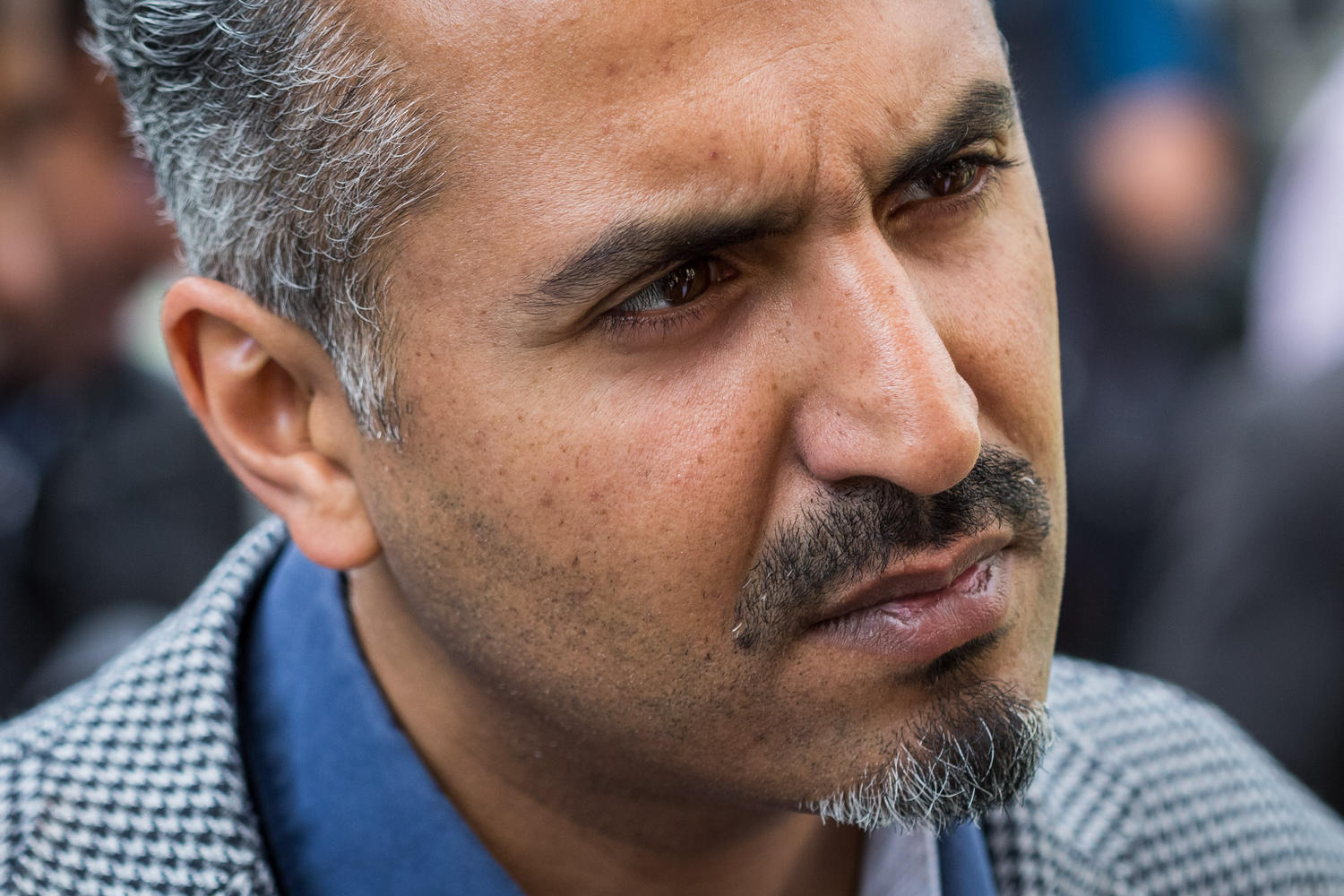Free Speech
Free Speech and the Capitulation of the SPLC
The SPLC, which had already removed the “Field Guide” from its website in April, issued a retraction and an apology—and agreed to pay Nawaz a $3.4 million settlement.

Two years ago, when the (once-) venerable Southern Poverty Law Center published a “Field Guide to Anti-Muslim Extremists,” there was widespread outrage over the fact that the SPLC’s list included not only bona fide Muslim-bashers but also British liberal Muslim Maajid Nawaz—the head of the anti-extremist, reformist Quilliam Foundation. Nawaz later announced his intention to file a crowdfunded defamation lawsuit against the SPLC. Now, he has won an impressive victory. The SPLC, which had already removed the “Field Guide” from its website in April, issued a retraction and an apology—and agreed to pay Nawaz a $3.4 million settlement. This week, Nawaz is scheduled to meet with SPLC president Richard Cohen, hoping both to find out more about the circumstances of his listing and to “educate” Cohen about the conflict between fundamentalism and reform within the Muslim community.
A happy ending? Certainly, for Nawaz and his supporters: Commentary contributor Sohrab Ahmari writes that “it’s good to see the SPLC held to account for at least one of [its] smears” against people who don’t toe the progressive party line. Yet a number of commentators who have been sympathetic to Nawaz, and harshly critical of the SPLC’s decision to put him on the “anti-Muslim extremist” list—such as Atlantic writer David Graham—find his win troubling. “Though it inspires good feelings about fairness and truth,” wrote attorney and blogger Ken White (also known as ‘Popehat’), “it ought [to] also inspire concern about free expression and our broken court system.” Reason’s Robby Soave writes that, while the SPLC “really screwed up here, and it was right to apologize,” the settlement could end up chilling free speech.
Of course, even in the United States, which has the world’s strongest speech protections under the First Amendment, libel and defamation are not protected (though a few maverick libertarian absolutists have argued they should be). But opinions, unlike factual claims, cannot be legally considered defamation. That’s why the critics are worried: they believe Nawaz’s threat of legal action and the SPLC’s surrender may muddy that distinction.





